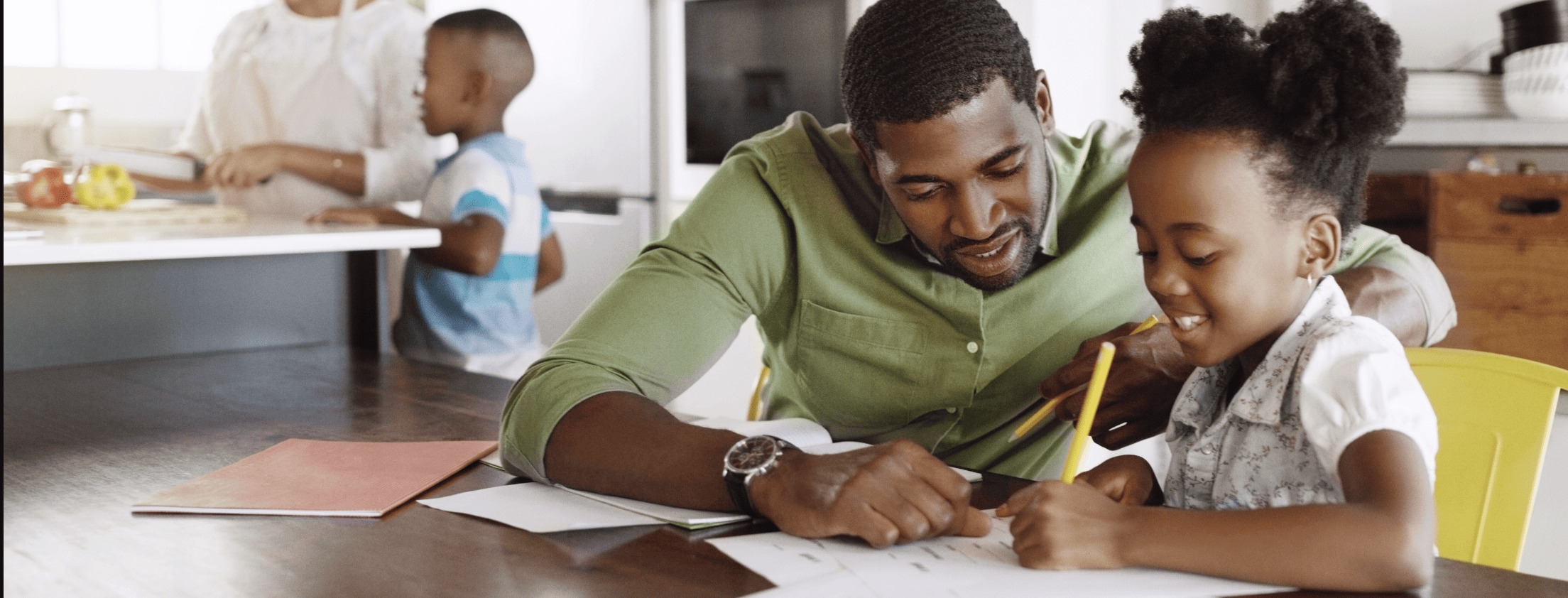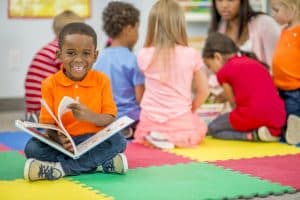As someone who has had the privilege of being a kindergarten teacher, I vividly recall the excitement and anticipation of children stepping foot into my classroom on their very first day of school. While many of my students were ready to embark on their educational journey, not all of them were fully prepared. If only they had been equipped with the following essential skills, they could have been ready from day one.
 1. Recognizing their name when spoken and written
1. Recognizing their name when spoken and written
Your child’s ability to identify their name when it is spoken or written is crucial for fostering social interactions with teachers and classmates. Imagine the confidence they’ll gain when a teacher mentions their full name for attendance or asks a question, and your young learner instantly recognizes it.
It’s equally important for your child to be able to identify their name when it’s written on cubbies, desks, and classroom items. If your child has primarily gone by a nickname, let them know that teachers at school will call them by their full name. You may also want to tell the teacher about any alternate names that your child may want to be known by.
2. Counting from 0 to 10 and understanding numbers as quantities
A solid foundation in counting and number comprehension sets the stage for mathematical concepts in kindergarten. Your child should understand the idea of one-to-one correspondence and number cardinality, which means understanding that the last number counted represents the total amount of objects in a group. To develop these skills, encourage your child to touch and count each object individually when you practice counting together. Then, ask them to tell you the last number they counted and write it down.
3. Familiarity with the alphabet and basic letter-sound recognition
Although your child may enter school still learning all 26 letters of the alphabet and their corresponding sounds, it is during kindergarten that they will begin sounding out simple words and recognizing sight words. Helping them have a solid grasp of the alphabet will significantly enhance their progress as they gain new skills. Check out this helpful video on ways to support their learning journey.
4. Proper pencil grip and usage
While there isn’t a strict rule about how to hold a pencil, it’s essential that your child has moved beyond gripping it with their entire fist before they enter kindergarten. If your child is still exploring which hand they write with, or struggling with fine motor skills, consider using a smaller pencil that fits their hands. A small pencil used for keeping score in a board game or mini golf can be great for practice.
5. Identifying and expressing emotions
When children develop social-emotional (or mindset) skills, it lays the groundwork for healthy relationships and overall well-being in life by combining self-awareness, social skills, and executive functioning. These skills enable effective communication, the sharing of emotions, as well as fostering empathy and understanding in interactions with others. With strong social-emotional skills, children navigate challenges and conflicts constructively, building resilience and self-confidence.
Through reflection, children will develop self-awareness, improving their understanding of emotions and behaviors. Children that sharpen their critical thinking abilities will grow into adults who make informed decisions that positively contribute to their communities.
6. Embracing play
Play encourages exploration, curiosity, and the ability to take risks, all of which are essential for lifelong learning. Providing opportunities for play nurtures your child’s natural curiosity and fosters their love for discovery and learning.
Why is play so fundamental for young learners? During play and exploration, multiple skills are developed. Through activities like pretend play, children learn to understand and express emotions, develop social skills, and solve problems creatively. For instance, when children engage in imaginative play with building blocks, they not only grow their problem-solving skills but also learn cooperation and communication as they work together with others to create structures.
These six skills are fundamental for your child’s academic and social growth. You can get help with this from at-home early education programs like Waterford Upstart that offer valuable guidance without requiring too much time from your busy day. Your child can do a short online lesson, and the rest of their skills can develop in daily life. For instance, after learning a new letter, you can play a game where your young learner tries to spot things that begin with that letter.
Helping your child build a strong academic foundation takes consistency and collaboration. Sometimes you may feel alone in this, but let me assure you that your child’s teachers will work just as tirelessly every day to help your child learn and succeed in school.

Keairra Chaney is a curriculum designer at Waterford.org. She spent six years teaching kindergarten, including working as a lead kindergarten teacher, a team lead, and a school representative for mindset skills.
Learn about and register for Waterford Upstart here. Families needing a computer or internet access will have that provided at no cost.




